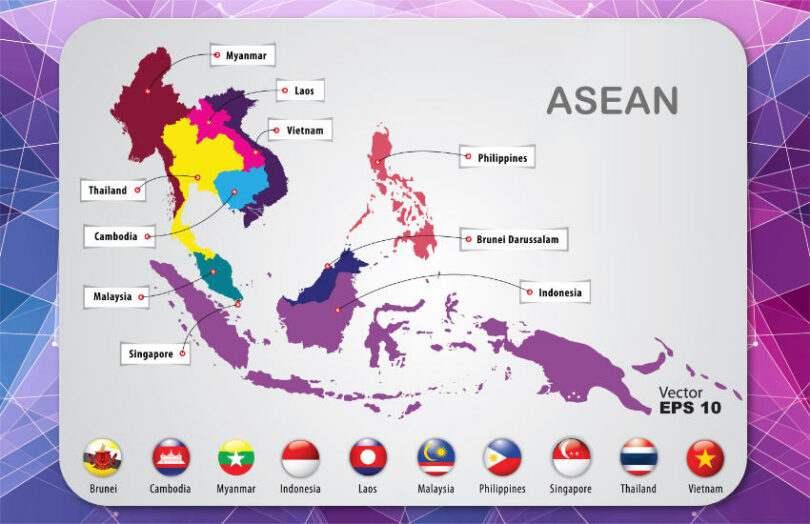A new report from the Organisation for Economic Cooperation and Development (OECD) explores the impact of decentralized finance (DeFi) in the ASEAN region. On the one hand, there is little current evidence of a DeFi financial inclusion impact. That’s because DeFi is dominated by professional and institutional investors. It also found that retail investors bore the brunt of the crypto fallout. However, despite its concerns over the current unregulated nature of activities, it sees potential if regulated institutions adopt tokenization, DLT and other DeFi features.
A major takeaway from the report was the analysis of the types of active investors in the decentralized finance markets. It categorized activity based on trade size, with retail transactions counting as anything below $10,000. In terms of dollar volumes (rather than transaction numbers) institutional (transactions > $1 million) and professional investors ($10k-$1m) dominate across the globe.
This was reinforced by data on trade sizes split into centralized(CEX) versus decentralized exchanges (DEX). Centralized exchanges predominantly serve retail users and have significantly smaller transaction sizes, typically less than $1,000 but averaging $1,000 – $4,000. In contrast, the Curve DEX had average transactions of around $200,000 for an extended period in 2023, with Uniswap V3 averaging around $95,000.
Article continues …

Want the full story? Pro subscribers get complete articles, exclusive industry analysis, and early access to legislative updates that keep you ahead of the competition. Join the professionals who are choosing deeper insights over surface level news.






